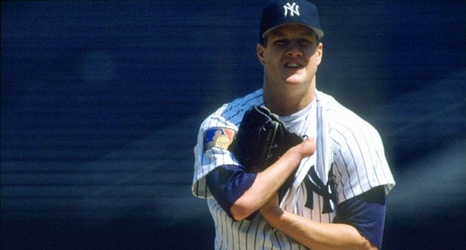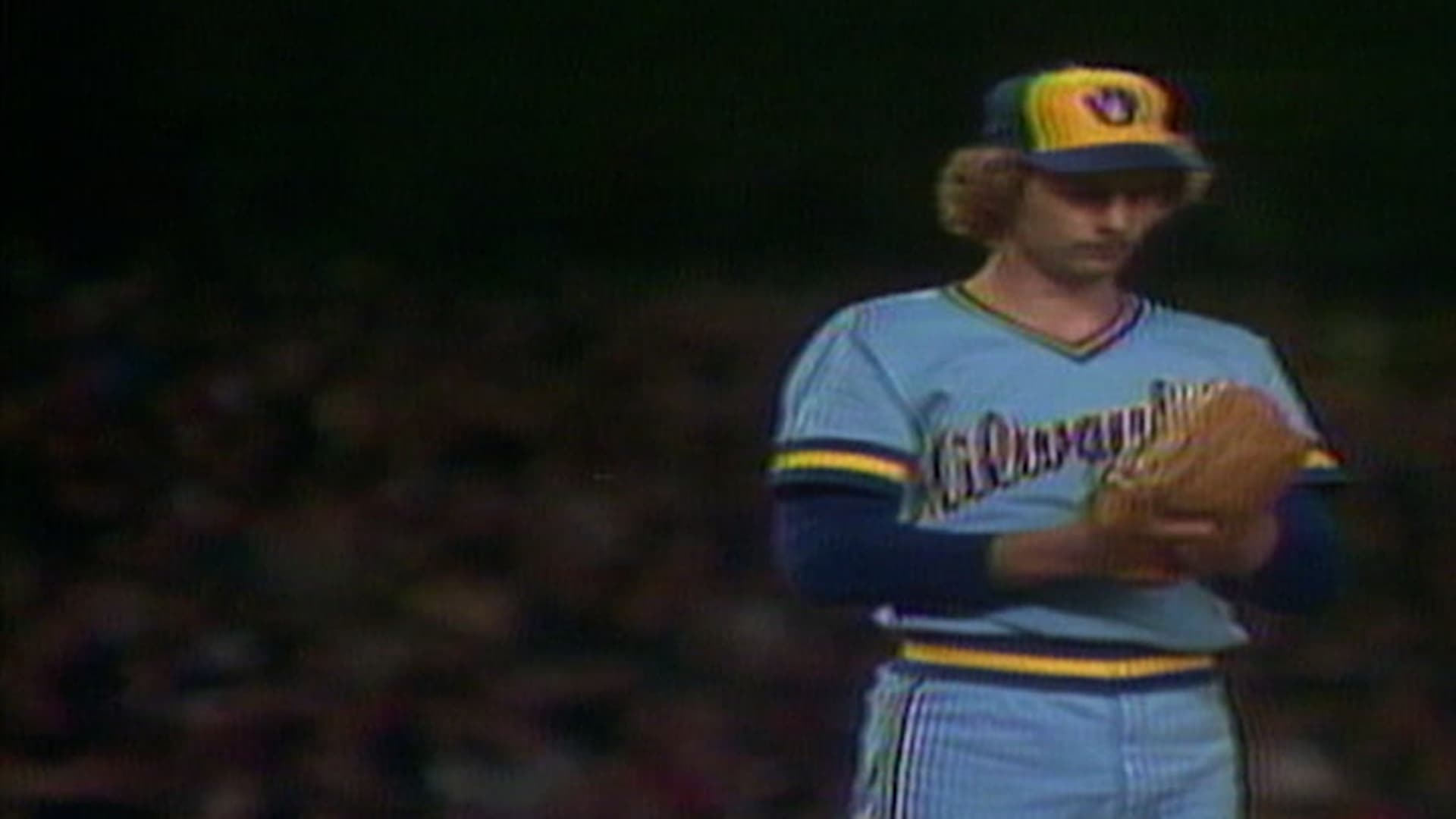
Sports opened up new doors for Monroe in the years that followed. “It’s crazy how it came to fruition,” Monroe said.
TV SHOW ABOUT BASEBALL COMMENTATOR PROFESSIONAL
This time, she looked at her grandson and told him she thought he would become a professional athlete one day. There she was, reading the Bible as she so often did. He told her: I’m gonna be better than Marilyn Monroe!Ī few years later, Monroe walked into his grandmother’s room one night. He rushed into the house, probably yelling and pumping his arms. After far too many tries, Monroe finally made one. She was stationed in her wheelchair by the window, watching her young grandson try to make some ridiculous shot. His grandmother, paralyzed from the waist down, spent a lot of time in bed. That admiration hasn’t faded a bit.Īs a kid, Monroe was shooting a basketball at a hoop in the front yard. Monroe recalls watching his mother in amazement when he was 5 years old. The way Monroe tells it, she was also an all-world shortstop, a rangy outfielder who crashed through fences, the Willie Mays of local softball leagues. Marilyn also played softball, where she was a catcher with a hose for an arm. She, too, got through those days with an upbeat personality. Times could be hard growing up in Texarkana, Texas, probably harder than Marilyn ever let on. This is the genesis of why Monroe has always adored his mother. Then she learned she was pregnant with a baby boy and everything changed. She had an opportunity to play college sports on scholarship. As a teenager, Marilyn was a terrific basketball player and a track star. To get to the heart of it all, you have to start with Marilyn Monroe. “I do think there’s an art to it,” he said. And then he slowed down for just a moment. This weekend in New York, Monroe was sitting in the dugout, talking quickly, in a stream of consciousness.

I watch them when they’re having success and what they’re doing, and then all of a sudden I can develop this program in my head of what it’s supposed to look like, and then I can break down the intricate parts of the swing.”

“That’s one of the things I do well,” Monroe said. Moments later, Cabrera hit a single up the middle to tie the game.

Sunday in New York, he was detailing Miguel Cabrera’s eighth-inning at-bat, talking about how Miggy was spread out in a two-strike approach, how he was looking to slap the ball up the middle. Few can translate the language like Monroe.

He takes viewers and listeners inside the batter’s box in a way few can. Listen to Monroe on a broadcast these days. It’s Opening Day Baby!!! #tigers #detroit /20ItG29EDI After a few years of figuring it all out, Monroe has once again become very good at his job.Īnd the more he does it - working a variety of roles for both Bally Sports and the Detroit Tigers’ radio broadcast on 97.1 The Ticket - the more Monroe is bucking incorrect notions. He is always watching, always learning, constantly absorbing information. He played nine seasons in the big leagues and hit 28 home runs for the 2006 Tigers. With his loud clothes and fast-talking, free-flowing style, Monroe has questioned whether he fits the mold for what a baseball analyst is supposed to be.īut there’s a whole story behind how Craig Monroe became who he is. He’ll be talking with someone, and he’ll begin nodding and listening, locked in with total focus. But watch Craig Monroe for long enough, and suddenly you will see him slow down. Maybe he’s too aloof, maybe more flash than substance. Monroe is an extrovert, which can create unfair perceptions.


 0 kommentar(er)
0 kommentar(er)
